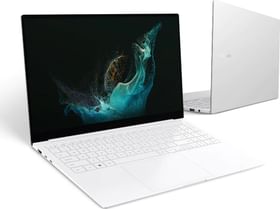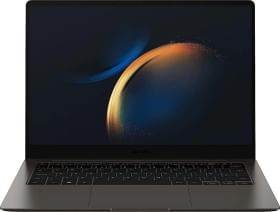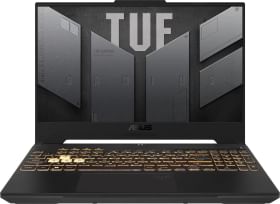On October 31, South Korean giant Samsung filed a lawsuit against Chinese display maker BOE in the United States International Trade Commission (US ITC). The lawsuit was filed accusing BOE of unfair competition by using the stolen intellectual property of Samsung to manufacture OLED panels.
The two tech giants – Samsung and BOE, have been at loggerheads for a few years now. Samsung’s display firm ‘Samsung Display’ tried to stop 17 wholesalers dealing in OLED panels in the US using stolen technologies and illegally produced in China, however, it wasn’t an apparent attack on BOE at the time. Soon after, US ITC took action against BOE, opening up investigations early this year.
BOE has been filing various lawsuits against Samsung in China including its various subsidiaries- Samsung Display, semiconductors, vision, and investment branches. It seems like Samsung is all prepared to wage a judicial war with BOE as it has now filed a complaint against BOE at the US ITC accusing the latter of stealing its intellectual property and technology to manufacture OLED panels.
For the unversed, BOE has been actively trying to thaw OLED makers such as Samsung out of the business. Earlier, Samsung and LG took 100% of the share in terms of OLED panels, however, both of these companies now cling to a lion’s share of 80% followed by 20% coming from China such as from BOE.
BOE has been trying hard to take on Apple iPhone OLED orders only to fail repeatedly in delivering as per Apple’s strict quality standards. With the iPhone 15 series in production, Apple had to turn to Samsung Displays for more panels costing a premium per unit after BOE failed to furnish quality panels for the iPhones.

The Chinese display maker recently landed a big project of supplying its Oriental X1 OLED panels to the upcoming OnePlus 12. The flagship device is scheduled to arrive later this year in China and will get to the global markets early next year. It remains to be seen just how good the BOE’s OLED panels are in the case of the OnePlus 12.
You can follow Smartprix on Twitter, Facebook, Instagram, and Google News. Visit smartprix.com for the most recent news, reviews, and tech guides.


































